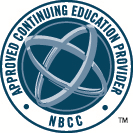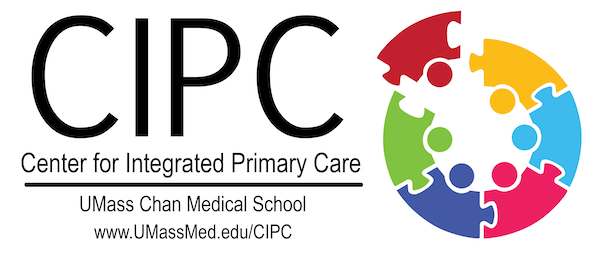Building Knowledge in Motivational Interviewing
If you would like to explore the discipline of Motivational Interviewing, this course will give you an academic introduction to MI, based on Miller and Rollnick's Motivational Interviewing, third edition. Ten Video Lessons given by MI experts will help you gain knowledge of MI, its history, the evidence behind it and the techniques and rationales that form this approach. The Lessons are given by CIPC Director and Course Director, Daniel Mullin, PsyD, MPH, paired with practitioners from across the country. All are members of the Motivational Interviewing Network of Trainers (MINT) the international organization committed to promoting high-quality MI practice and training.
This training does not incorporate skills practice or coaching. If you would like to move beyond an academic understanding of motivational interviewing, research shows that active practice and coaching are important in developing the ability to use MI effectively. If you would like to become adept at using MI in your clinical practice, we strongly recommend you register for our full certificate training HERE
The lessons are pre-recorded and can be watched at any time during the course. There are short quizzes for each Lesson and a collection of useful readings.
- 10 pre-recorded, online, "Lessons"
- Designed for anyone who works in healthcare
- It can be completed anytime and at your own pace throughout the course, approximately 3 months
- Lessons average 40-70 minutes in length
Tuition & Payment
- $850 with CEs or no CEs (We also offer special group rates for 10+ people)
- Payment can be made with a credit card, check, or ACH
- Refund Policy: Click Here for details
Technology Requirements
An internet-connected device: laptop, desktop computer, tablet, smartphone
Continuing Education Credits Available
Earn 10 continuing education credits, widely approved for psychologists, social workers, counselors, marriage and family therapists. We recommend contacting your State's licensing board to confirm credit acceptance and self-reporting procedures, see accreditation providers:
- This course is approved by the American Psychological Association (APA) and the National Board of Certified Counselors (NBCC).
- Licensed Social Workers in most states can use either continuing education credits offered by the APA or the NBCC.
- Check with your state licensing board to confirm whether APA or NBCC credits will count as continuing education credits for you.
|
 |
|
 |
Pre-recorded video Curriculum and Learning Objectives
Video Lesson 1: Health Care Behavior Change and MI
- Describe the urgency of addressing health behavior in the delivery of patient care
- Analyze the relationship between the Stages of Change and MI
- Describe the limitations of paternalistic advice-giving approaches to facilitating health behavior change
Video Lesson 2: Defining MI
- Describe Motivational Interviewing
- List the elements of MI that differentiate it from other approached to behavior change
- List three behaviors that are incompatible with MI
- Describe concepts including: Resisting the Righting Reflex, Ambivalence, and Autonomy
Video Lesson 3: Spirit of MI
- List the elements of the Spirit of Motivational Interviewing
- Describe the guiding style and the role of collaboration in MI
- Describe the role of a nonjudgmental approach and acceptance in behavior change
- Compare evoking and education and describe the role of each in behavior change
Video Lesson 4: OARS
- Compare between open-ended questions, affirmations, reflections, and summaries
- Describe the differences between open-ended and closed-ended questions
- List three ways summaries can be used in the practice of Motivational Interviewing
- Describe affirmations and their value in behavior change
- Analyze reflections in MI
Video Lesson 5: Complex Reflections and Empathy
- Describe the differences between complex and simple reflections
- Compare the relationship between complex reflections and empathy
- Demonstrate simple and complex reflections
Video Lesson 6: Change Talk and Sustain Talk
- Describe ambivalence and its relationship to patient behavior change
- Analyze the essential qualities of change talk
- Compare change talk from sustain talk
- Describe change talk in patients' utterances
Video Lesson 7: Responding to Sustain Talk and Discord
- Describe sustain talk from discord
- Describe three approaches to responding to sustain talk
- List three strategies for responding to discord
Video Lesson 8: The 4 Processes
- Describe the four processes of Motivational Interviewing
- Describe the relationship between the four processes and OARS skills
- Describe how change talk and sustain talk may differ in each process
- Describe how evoking relates to each of the four processes
- Apply the four processes to work with patients with chronic diseases
Video Lesson 9: Change Planning
- List three indicators that patients are prepared to develop a change plan
- Assess the role of the Spirit of MI and OARS in change planning
- Describe the essential elements of high-quality change plans
Video Lesson 10: Motivational Interviewing: Theory and Evidence
- Describe the history of MI
- Describe current theories of why MI works
- Compute the evidence for MI in facilitating behavior change
- Describe the evidence for empathy in healthcare encounters
- Describe the evidence for change talk and behavior change

